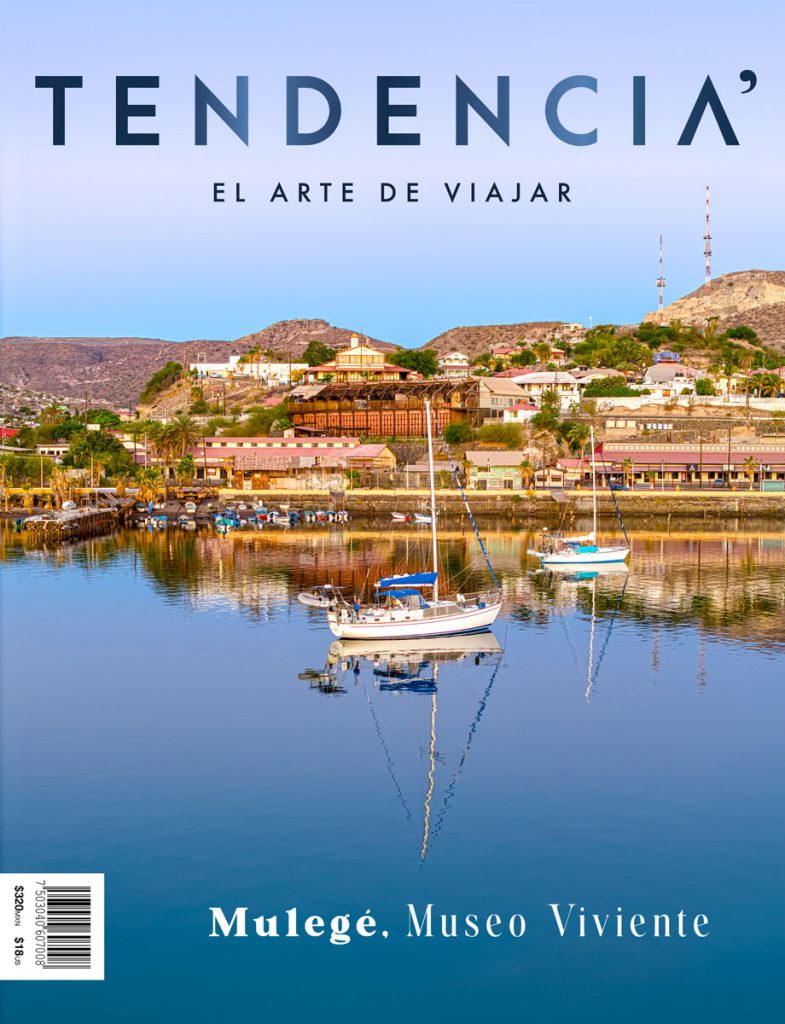Marriages have always been an important part of the social capital of Baja California and a vital component in shaping the socio-historical aspects of the peninsula. For families engaged in business enterprises, marriages served to not only consolidate economic capital through the union of wealth and the generation of new business but fostered social networks that often transcended national boundaries.
In La Paz, marriages were arranged among the wealthiest families in the region and abroad to strengthen the economic class to which the family members belonged. The cultural practices at the time were also recognized. Marriages were held regularly in the United States, but validated in the La Paz harbor.
Case in point was the Ruffo family, one of the most prominent families involved in trade and navigation.
[two_first]

[/two_first][two_second]

[/two_second]
In 1881, Antonio Ruffo Santa Cruz was 39 years old. He was contracted in marriage to the young Ernestina Mercedes Polastri, age 24. The latter was a native of the mainland US but her family had marine connections. The wedding was held in the Church of Guadalupe in San Francisco, USA. For the Ruffo family, travel to the US became a common occurrence, as evidenced by a note in the San Francisco Call newspaper dated May 28, 1901 that lists family members aboard the steamboat Curacao covering the Pacific coast. The notice further stated that Ernestina Polastri Ruffo would spend six months in California, USA.
[one_two_first]

[/one_two_first][one_two_second]
Decades after the end of the Mexican Revolution, the family’s custom of marrying in the US continued. For example, a marriage between Antonio Ruffo Polastri and Maria Teresa Azcona occurred on October 12, 1922 in Los Angeles, USA. A year later the marriage was validated in La Paz. Arturo C. Nahl (US citizen and a strong advocate of sports on the peninsula) and Luis M. Calderon, who were friends of the Ruffo family for more than ten years, acted as witnesses.
In the end, it can be argued that the Ruffo family was strengthened by these marriages. They made it possible to maintain, in general, a solid corporate lineage whose social and commercial relations were extended to domestic and international markets, contributing to the socio-historical evolution of the peninsula.
[/one_two_second]
- In Bourdieu (1996) the social capital is exploited as a resource and in case of the families, it can perpetuate its existence.
- San Francisco Call Journal May 28th, 1901.
- Marriage license granted by the court in Los Angeles , CA. and transcription of the Act, La Paz, July 10th, 1923 , AHPLM , Foreign Affairs, v . 800


4 Responses